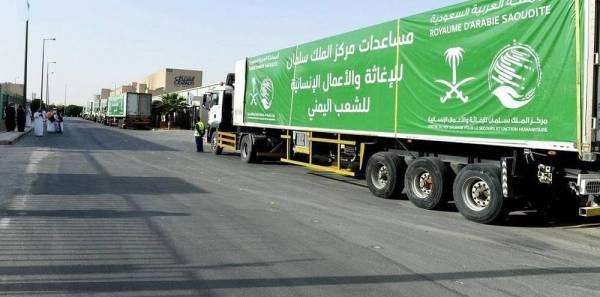
Saudi Finance Minister Mohammed al-Jadaan stressed Sunday that the Kingdom is committed to supporting Jordan, saying Riyadh has deposited $334 million to back its economy.
“We have agreed to support Jordan through the Arab Monetary Fund and we are studying additional support with our brothers in Kuwait and the United Arab Emirates,” he told Al Arabiya on the sidelines of his participation in the “Jordan Growth and Opportunity: The London Initiative 2019” initiative.
In June 2018, Saudi Arabia, Kuwait and the UAE presented a package of $2.5 billion to Amman to prop up its faltering economy.
“Saudi Arabia is committed to its pledges,” continued Jadaan.
Saudi Arabia has supported Jordan’s budget with $250 million, $50 million of which was paid last year and another $50 million will be paid in 2019, he added.
“We believe that Jordan is committed to its reform path. It has experienced major crises and we believe it deserves international support,” he stressed.
Moreover, he highlighted Saudi Arabia’s establishment of the Saudi-Jordanian fund that helped prepare clear plans for foreign investors interested in Jordan.
Jordan’s Prime Minister Omar al Razzaz said his country’s economy has begun to strengthen less than a year after embarking on tough fiscal reforms needed to bring down debt crucial to spur growth hit by conflict in the region.
He told Reuters on Tuesday the kingdom would be presenting its policy steps and commitment in proceeding with IMF-backed fiscal and structural reforms crucial to rejuvenate the economy.
King Abdullah II appointed Razzaz last June to defuse the biggest protests in years over tax hikes pushed by the International Monetary Fund (IMF) to reduce Jordan’s large public debt.
Razzaz, whose task was to revive confidence, succeeded in prodding parliament last November to pass a new tax law, a main plank of austerity measures to ease a fiscal crunch and spur stagnant growth hovering at around 2 percent in recent years.
Razzaz said the widened tax base alongside cuts in public expenditure had raised state revenues and reduced strains on state finances struggling to curb a public debt of around $40 billion.
“The fundamentals of the economy are all starting to look better, the macro-economic and fiscal indicators are better,” said Razzaz, led his country’s delegation to the London conference.









